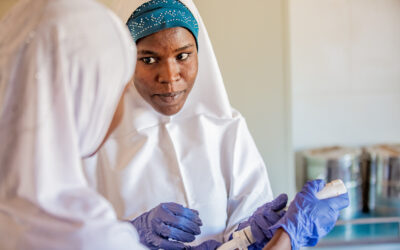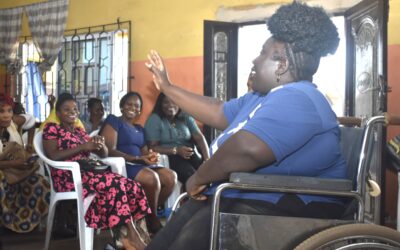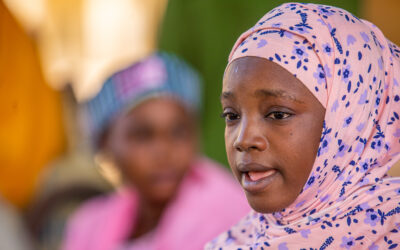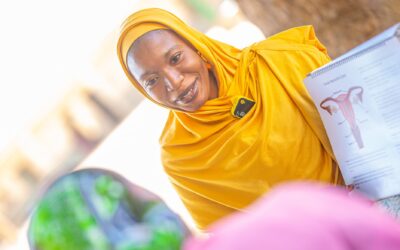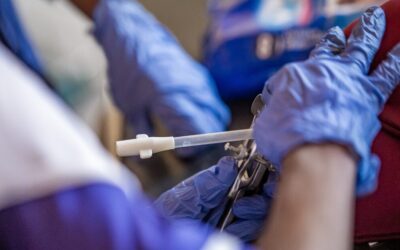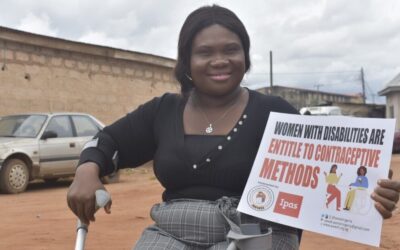Stories
Accelerating Progress and wellbeing: Building healthcare resilience using the On-the-Job Training Approach
Ipas Nigeria is introducing innovative approaches that enables healthcare resilience in delivering quality post abortion care.
Eliminating Barriers through Meaningful Participation for Persons with Disabilities
Persons with disabilities are largely excluded from participating in decisions that largely affect them. This barrier in social inclusion is often exacerbated by attitudinal barriers, therefore leading to the lack of access to services that suit their needs and spaces where they can participate.
Bodily Autonomy: Empowering young people for Better Futures
Information on sexual health is largely hidden from young people. This attributes to high pregnancy rates and high incidences of unsafe abortions.
Building Evidence to Address the Menace of Sexual Violence and Unsafe Abortions
Sexual and gender-based violence is one of the most pervasive human rights abuse and reproductive health challenges in the world. Ipas Nigeria examines its consequences.
Addressing Maternal Deaths through the On-the-Job Training Approach
In Nigeria, there is a staggering rate of 512 deaths per 100,000 births (NDHS 2018. Unsafe abortions contribute to over 10% of maternal deaths. Multiple approaches must be adopted to address low maternal health outcomes in Nigeria.
Transforming Survivor-Centered Approaches to Gender Based Violence in Nigeria.
Read how, under the Women Integrated Services for Health Project, multiple stakeholders have been empowered with the right information to protect women and girls from violence.
Reaching for equal: Disability-centered Sexual Reproductive health for Gender Equality.
Mrs. Favour is a 33-year-old woman living with a physical disability in Benin City, Edo State. Like many women with disabilities, she faces challenges when accessing sexual reproductive health including contraceptive services because of the limited knowledge she has to make informed decisions and the stigma faced when she visits healthcare centres.

